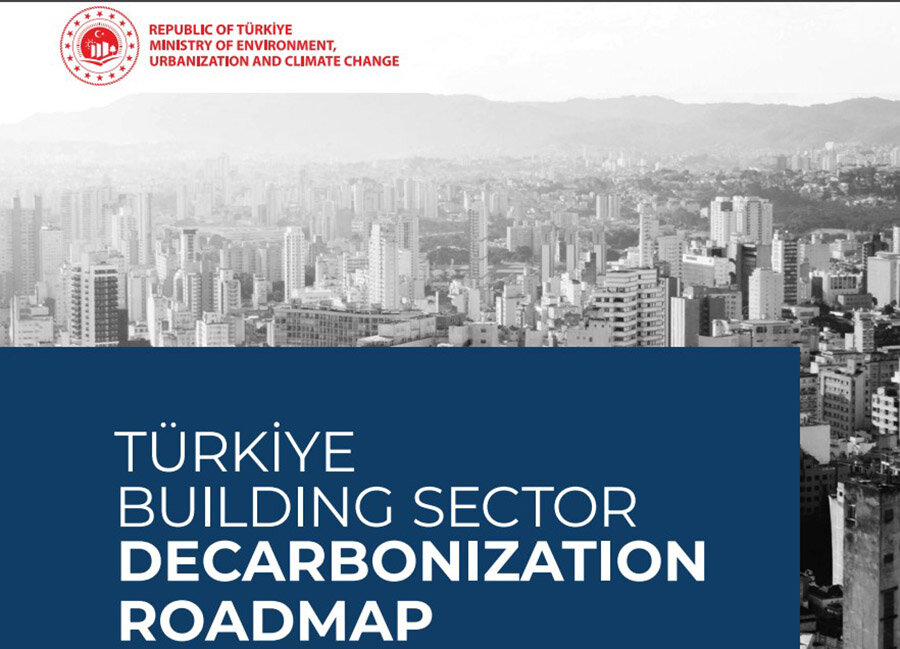Turkey Tightens Building Regulations: What Developers and Homebuyers Should Expect

Starting in April 2025, Turkey will enforce an updated construction standard—TS 825—that radically shifts the approach to building design. For the first time, the standard mandates consideration of not only heating but also cooling needs, alongside new thermal insulation requirements. These measures aim to reduce energy consumption and CO₂ emissions. However, experts warn that the reforms could lead to higher construction costs and, consequently, rising housing prices.
Why It Matters: Key Figures and Context
According to Turkey’s Ministry of Environment, Urbanization, and Climate Change, 31% of the country’s total energy is consumed by buildings, with a significant portion used for heating and air conditioning. Meanwhile, Turkey’s annual energy import bill exceeds $70 billion, making energy efficiency a critical issue—not only for environmental sustainability but also for the national economy.
Baumit Turkey CEO Atalay Özdayı emphasizes that cooling buildings in summer is far more expensive than heating them in winter, particularly in southern regions. One of the most important aspects of the new standard is its holistic approach to building energy needs—addressing both heating and cooling. This shift could be transformational in Turkey, where climate change is driving increased demand for air conditioning, according to RaillyNews.
“TS 825 is not just a document—it’s a new design philosophy. We must create buildings that are comfortable year-round without wasting energy,” says Özdayı.
What’s Changing: Six Climate Zones and New Insulation Norms
One of the most significant changes is the revised climate zoning. Previously, Turkey was divided into four climate zones. Now, there are six, allowing for more region-specific building design. This means insulation standards in Ankara will differ from those in İzmir or Erzurum—a move toward scientifically grounded, localized regulation.
Additionally, the U-values (thermal transmittance coefficients) for walls, roofs, floors, and windows have been updated. The new U-values are now aligned more closely with European standards, reducing heat loss and improving building durability.
“The new U-values are approaching EU standards, which signals real progress toward aligning Turkey with European environmental goals,” comments mechanical engineer Gürkan Kalafat.
According to ministry forecasts, if the new requirements are followed, energy consumption per square meter will drop from 120–150 to 70–90 kWh per year. Energy bills could decrease by 25%, and the annual energy savings may reach 2.5 TWh—equivalent to the energy output of the Atatürk Dam over three months. These changes could also prevent up to 600 million tons of CO₂ emissions annually, marking a step toward Turkey’s energy independence and more sustainable urban environments.
Economic Challenges
One immediate consequence of TS 825 will be increased demand for modern insulation materials. In particular, interest is expected to rise in EPS, mineral wool, and façade insulation systems like Baumit open or vapor-permeable ETICS systems. These materials improve both energy efficiency and building longevity. Companies in the construction tech sector are already preparing for a surge in demand for high-performance insulation systems. But this progress comes at a cost.
According to Yekta Homes, construction costs could increase by 15–25% due to the new standards. This may lead to higher housing prices, particularly in the affordable housing segment. Price increases are also expected in new residential developments.
Thus, despite its clear benefits, the introduction of TS 825 could once again reshape Turkey’s housing market—just as it had begun to rebound, largely fueled by domestic demand. Meanwhile, foreign property transactions continue to decline.








